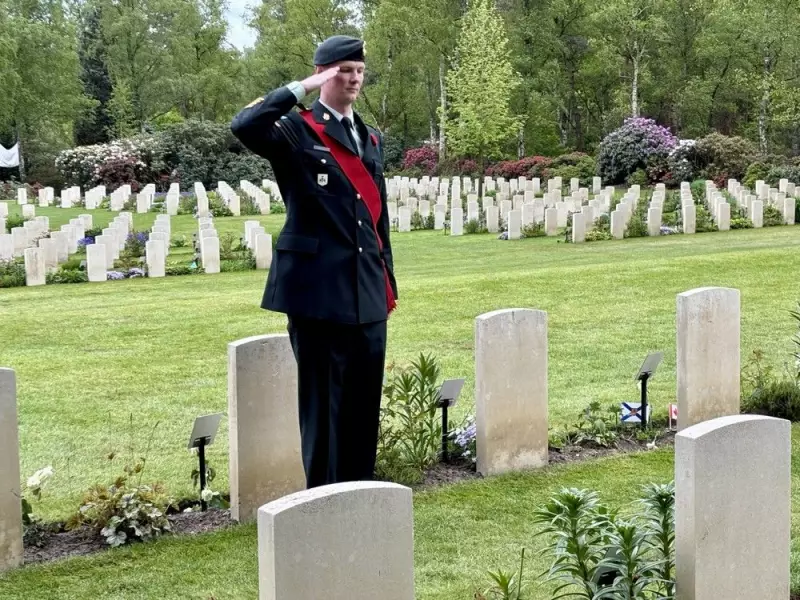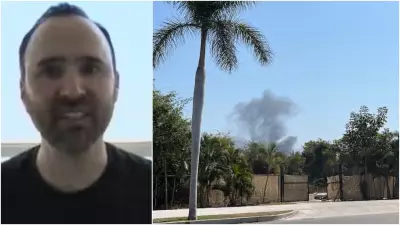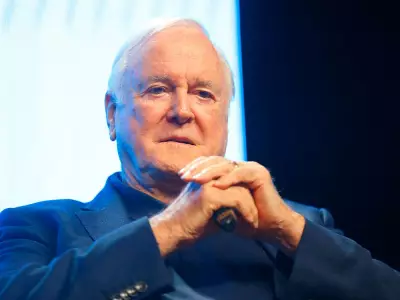
In a powerful reflection on the price of liberty, Canadian Armed Forces Sergeant David Benson shares profound lessons from a commemorative delegation to the Netherlands, warning that forgetting the sacrifices of the past jeopardizes the freedom we enjoy today.
A Solemn Duty in the Netherlands
This year, Sgt. David Benson had the distinct honour of representing his regiment, Les Fusiliers Mont-Royal, as part of a Canadian delegation traveling to the Netherlands for liberation commemorations. While standing in the quiet village of Markelo—a community his regiment helped free 80 years ago—he was struck by a simple yet profound truth: freedom always carries a cost, but the price of losing it is infinitely steeper.
The Netherlands marks the end of the Second World War with a day of remembrance on May 4 and a day of celebration on May 5. Benson participated in the day of remembrance in Markelo, joining villagers at a cenotaph to honour fallen soldiers. The ceremony continued with a silent procession up a wooded hill to a second monument, this one dedicated to the civilians who perished.
"As I read the long list of names — grandparents, children, neighbours — I realized that war had not just taken soldiers, it had stolen lives from every corner of their community, and I wept," Benson recounts. The experience highlighted the total war that engulfed the nation, touching every family and street.
The Weight of Sacrifice in Holten
Earlier that same day, Benson stood among the 1,355 Canadian graves at the war cemetery in Holten. There, he witnessed a deeply moving tribute as local children placed roses on each headstone, reading the names of the fallen soldiers aloud to ensure they were not forgotten.
"Overhead, thousands of poppies rained from a helicopter, settling softly on the stones below," he describes. "It was impossible not to feel the weight of sacrifice — the gentle music broken only by the sound of the wind and the soft voices of children speaking our soldiers’ names."
This poignant scene stood in stark contrast to his observations of Remembrance Day ceremonies back home in Canada, where he notes crowds seem to shrink and the moment of silence grows shorter, passing unnoticed by many.
A Celebration of Resilience in Wageningen
The following day, the mood shifted to one of jubilation. Benson marched in a parade through Wageningen that drew nearly 150,000 people—almost four times the town's population. Crowds lined balconies, children ran out to shake the hands of liberators, and the air crackled with joy.
This was not merely a celebration of liberation, but a powerful testament to resilience. It represented a national vow from the Dutch people, who had experienced the devastation of losing their freedom, to never let it happen again.
Benson contrasts this with the Canadian experience, noting that Canadians have never known the loss of their freedom or the presence of an occupying army. Our freedom feels so constant that it seems permanent, an illusion the Dutch had shattered in 1940 when Germany invaded, occupied, and starved their country.
The lesson from the Dutch is clear: freedom is both precious and fragile. When taken away, the loss devastates every aspect of life—every family, every meal, every breath.
Benson returned to Canada humbled, carrying a crucial message for his fellow citizens. Our good fortune in having been free since Confederation and untouched by occupation can breed a dangerous complacency. "If we forget the terrible price others paid for liberty, we risk failing to protect it ourselves," he warns.
This Remembrance Day, he urges Canadians to think not only of those who gave their lives but of the grave consequences should their sacrifice fade from our collective memory. The cost of freedom is high, but the cost of forgetting is far higher.
Sergeant David Benson is the assistant drum major of Les Fusiliers Mont-Royal and lives in Châteauguay. After enlisting at age 16, he has spent more than half his life serving in the Canadian Armed Forces reserves as both an infantry soldier and a musician.






